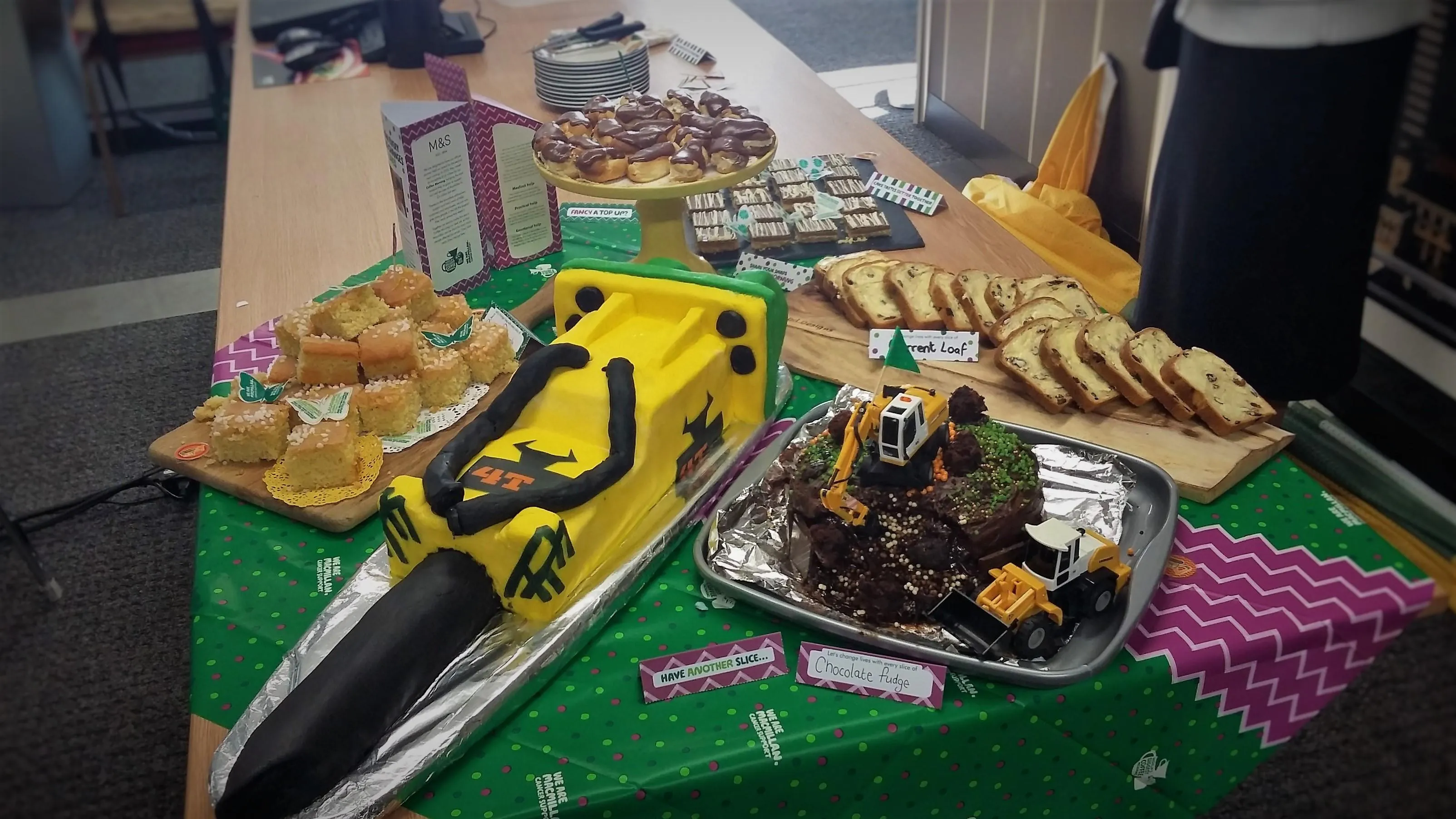Kids start to complain about the amount of time in a car after two 2 and 23 minutes of driving, according to research in the UK.
Around that time, the driver will hear from the back seat the first of a long list of complaints: “Are we nearly there yet?”
And by 2 hours and 37 minutes, angry rows have broken out.
These squabbles are almost inevitable, noted the study from the UK’s Highways England. Nearly 80% of families say kids quarrel during long-distance summer trips.
Many parents said this ha
August 20, 2015
Read time: 2 mins

Kids start to complain about the amount of time in a car after two 2 and 23 minutes of driving, according to research in the UK.
Around that time, the driver will hear from the back seat the first of a long list of complaints: “Are we nearly there yet?”
And by 2 hours and 37 minutes, angry rows have broken out.
These squabbles are almost inevitable, noted the study from the UK’s Highways England. Nearly 80% of families say kids quarrel during long-distance summer trips.
Many parents said this happens within the first hour of a trip. For that reason, Simon Sheldon-Wilson, Highways England’s director of customer operations and a father of four, urged driving dads and moms to take a break sooner rather than later.
“A decent break should help stop kids being bored and hopefully prevent arguments from stressing your family before you’ve reached your destination,” he said. “Our survey suggests parents should plan a break around two hours in, to help young passengers cope with the boredom.”
In total, 291 drivers completed the online survey, which showed the average summer journey would last 3 hours and 49 minutes.
Despite the length of the journey, 55% of drivers said they didn’t plan to take any breaks during the trip, other than quick toilet stops.
Around a quarter of respondents said their summer journey would take more than 5 hours and 16% said they planned to travel non-stop.
“Drivers who plan their trips tend to have better journeys,” said Sheldon-Wilson.
“They factor in time for rest stops, so the driver can re-focus and the kids don’t get bored. They also spend time choosing the best route – rather than blindly picking the fastest option in their satellite navigation system, only to find it’s anything but.”
Around that time, the driver will hear from the back seat the first of a long list of complaints: “Are we nearly there yet?”
And by 2 hours and 37 minutes, angry rows have broken out.
These squabbles are almost inevitable, noted the study from the UK’s Highways England. Nearly 80% of families say kids quarrel during long-distance summer trips.
Many parents said this happens within the first hour of a trip. For that reason, Simon Sheldon-Wilson, Highways England’s director of customer operations and a father of four, urged driving dads and moms to take a break sooner rather than later.
“A decent break should help stop kids being bored and hopefully prevent arguments from stressing your family before you’ve reached your destination,” he said. “Our survey suggests parents should plan a break around two hours in, to help young passengers cope with the boredom.”
In total, 291 drivers completed the online survey, which showed the average summer journey would last 3 hours and 49 minutes.
Despite the length of the journey, 55% of drivers said they didn’t plan to take any breaks during the trip, other than quick toilet stops.
Around a quarter of respondents said their summer journey would take more than 5 hours and 16% said they planned to travel non-stop.
“Drivers who plan their trips tend to have better journeys,” said Sheldon-Wilson.
“They factor in time for rest stops, so the driver can re-focus and the kids don’t get bored. They also spend time choosing the best route – rather than blindly picking the fastest option in their satellite navigation system, only to find it’s anything but.”






